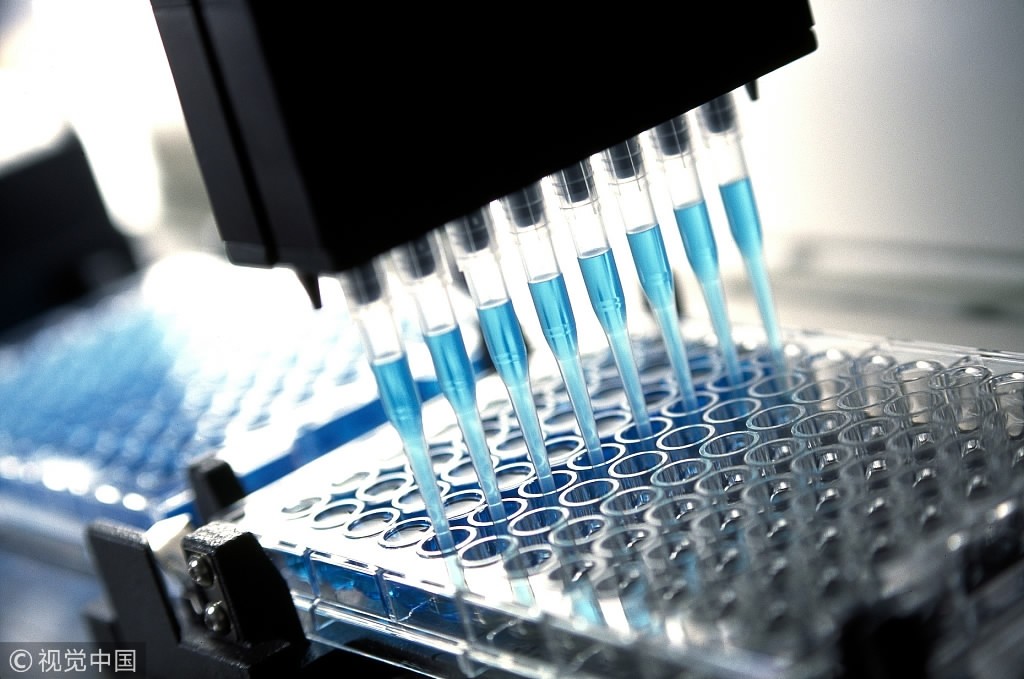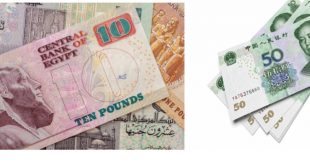There has been much news of late concerning COVID-19 vaccine progress from the two big American pharmacy firms, Pzifer and Moderna. It is hardly a surprise that the mainstream media behave as if these are the only two vaccine options available in the world and give them preferential coverage. However, equal to the progress these companies have made, a number of Chinese firms are also pacing forward with third stage clinical trials of a coronavirus vaccine.
These include SinoVac, CanSino and SinoPharm. Although they have not publicized their results to market their products in the way the two U.S. companies have, nevertheless it has been reported that trials of these vaccines have yielded positive results, had no adverse effects and owing to different methodologies, do not require being frozen at extreme temperatures in order to facilitate distribution.
Despite the media bias, these vaccines are the products that most in the world will receive, especially outside of the western world, where established firms constitute a monopoly. Already, numerous countries have ordered vast amounts of Chinese vaccines to diversify their options from western dependency and overcome climate obstacles, and for their competitive affordability.
Some are also being donated via a subsidized program, COVAX via the WHO. Countries that have ordered Chinese manufactured vaccines so far include Indonesia, Sao Paulo province in Brazil (despite disruptions from the central government), Mexico, Malaysia (donation), Turkey and the Philippines. The scope of countries to receive donations from Beijing is also likely to be ramped up as China intensifies its multilateral cooperation to fight the COVID-19.

Two China-made vaccines have just received prequalification by the WHO./VCG
Overcoming Prejudice
It is unfortunate that there are some voices in the west who do not take China’s breakthroughs on COVID-19 very seriously. It stems from a mix of both cultural and political prejudice. Firstly, some westerners are prejudiced in believing that Chinese products are inferior or substandard, especially in sensitive areas such as medicine where many erroneously associated the outbreak of the COVID-19 with “cultural inferiority” or a “blame game.” This also plays into the notion of political and ideological distrust; the idea China’s product again is “inferior” due to poor regulations and supposed dishonesty by authorities.
In practice, however, China’s vaccines have been given the green light by independent third party regulators in every country that has trialed and acquired them. There is no country that has purchased the product without first having to give it regulatory approval. This is logical and common sense. Whilst Brazilian President Jair Bolosanaro attempted to use the Sinophobic talking points mentioned earlier to disrupt SinoVac’s trials in his country, third party regulators gave the go-ahead for them to resume as the allegations against it were groundless and politicized.
Why China’s Vaccine Matters
Thus despite those who attempt to discredit it, China’s vaccines constitute a popular choice because they are affordable and can be distributed in a larger and more effective capacity. For countries that have fewer resources and harsher conditions, this matters a lot. Take, for example, Indonesia. The island nation has ordered over 430 million doses from the three major Chinese companies.
Let’s consider the circumstances behind Indonesia’s choice. First, the country has limited resources and development. Secondly, it has a population of over 267 million people. Thirdly, it has a tropical climate with heat and humidity all year around. On that note, how does Indonesia not only afford, but then distribute an expensive American product that has to be kept at under -70℃? China is the only realistic option.
And on that note, many countries which face similar financial, population and climate-based hurdles are likely to see China’s vaccines as the obvious choice. That does not mean it will be the only country they do business with, as many of the countries have more than one partner.
However, Chinese vaccines have a competitive advantage in price and production capacity, allowing developing countries a route to escape the pandemic as fast as possible. Unlike the American firms, is not only about business; China has also pledged to donate billions of vaccines. Malaysia has signed up to become the first recipient of such under the WHO COVAX program and, of course, there will be more.
Given this, ignore the Sinophobic talking points, China’s vaccines are gaining international momentum and a growing number of countries are lining up to purchase them. Whilst the achievements of Moderna and Pzifer are widely lauded, in the end these companies only complete a part of the jigsaw in ending the COVID-19 crisis. Not everyone has the privilege or infrastructure to buy them. Thus, the achievements of SinoVac, CanSino and SinoPharm are set to play an instrumental role in making a difference for billions of people around the globe.
Tom Fowdy is a British political and international relations analyst and a graduate of Durham and Oxford universities. He writes on topics pertaining to China, the DPRK, Britain and the U.S.
Cgtn.com
 Africa -China Review Africa -China Cooperation and Transformation
Africa -China Review Africa -China Cooperation and Transformation
